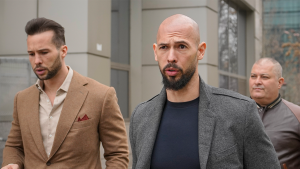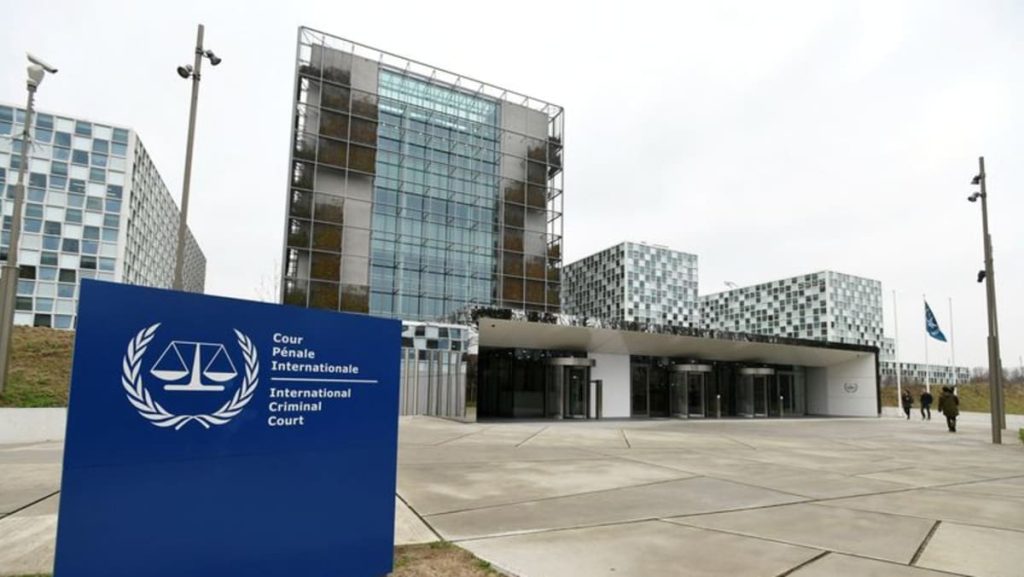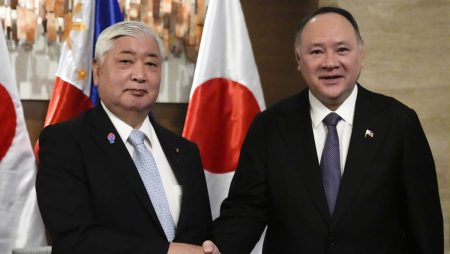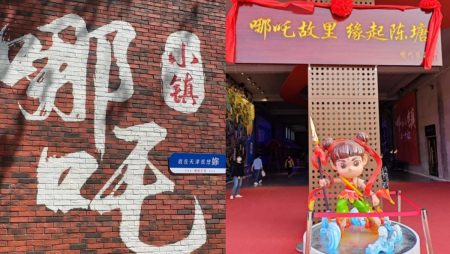The Philippines is signaling a potential shift in its stance toward the International Criminal Court (ICC) and its investigation into the thousands of killings that occurred during former President Rodrigo Duterte’s controversial “war on drugs” campaign. While the government previously adopted a hardline position, refusing to cooperate with the ICC probe and asserting a lack of jurisdiction, recent statements from Justice Secretary Jesus Crispin Remulla suggest a willingness to engage in dialogue and explore areas of potential cooperation. This shift comes amid mounting international pressure and the ICC’s ongoing investigation, which aims to determine whether crimes against humanity were committed during the crackdown. The possibility of Duterte, a popular but controversial figure, facing charges has significant implications for both domestic and international legal proceedings.
The “war on drugs,” launched in 2016, was the cornerstone of Duterte’s presidency. He campaigned on a platform of aggressively combating drug-related crime, promising swift and decisive action against drug dealers and users. However, the campaign quickly became mired in controversy as reports of extrajudicial killings and human rights abuses surfaced. Police data indicates around 6,200 suspects were killed during official anti-drug operations, but human rights organizations contend the actual death toll is far higher, potentially reaching tens of thousands. They argue that many of the victims were impoverished drug users summarily executed under the guise of police operations, often without due process or investigation. The government maintains that police acted in self-defense during legitimate operations, while activists allege systematic executions and orchestrated cover-ups.
The ICC’s involvement began in 2018 when a preliminary examination was launched into the alleged crimes. Duterte responded by unilaterally withdrawing the Philippines from the ICC’s founding treaty, the Rome Statute, in 2019. Despite the withdrawal, the ICC asserts jurisdiction over crimes committed while the Philippines was still a member state. In 2023, the ICC officially opened an investigation into the drug war killings. The Philippine government initially refused to cooperate, claiming the ICC had no authority to investigate. However, Secretary Remulla’s recent statements indicate a potential softening of this stance. He has expressed a willingness to engage in dialogue with the ICC and acknowledged the possibility of limited cooperation within the boundaries of Philippine law.
This change in approach signifies a notable departure from the previous administration’s staunch resistance to the ICC investigation. While Remulla emphasized the need for clearly defined boundaries and parameters for cooperation, his willingness to engage in discussions represents a significant development. It suggests the government may be recognizing the potential legal and diplomatic ramifications of continued non-cooperation. Furthermore, Remulla’s acknowledgement of ICC representatives operating within the Philippines, albeit anecdotally, indicates a degree of tacit acceptance of the court’s presence.
The potential ramifications of the ICC investigation are substantial, particularly for Duterte. If indicted, he could become the first former head of state from Asia to stand trial at the ICC. Such an event would set a significant precedent for international criminal justice and accountability. While Duterte has remained defiant, even urging the ICC to “hurry up” with its investigation, President Ferdinand Marcos Jr. has stated that the government would not obstruct the ICC’s proceedings if Duterte wished to be investigated and would comply with any issued arrest warrants. This apparent divergence in approach within the current administration highlights the complex political landscape surrounding the issue.
The path forward remains uncertain. While the Philippines has initiated its own investigation into the drug war killings, progress has been slow, prompting criticism from human rights groups who accuse the government of lacking the political will to hold perpetrators accountable. Remulla’s suggestion that the ICC’s work could complement the Philippines’ own investigation implies a potential avenue for collaborative efforts. However, the extent and nature of this cooperation remain to be determined. The ICC’s investigation will likely continue, and the possibility of indictments and potential trials looms large. The Philippines’ evolving stance towards the ICC, coupled with the ongoing domestic and international legal processes, signals a crucial juncture in the pursuit of justice for the victims of the “war on drugs.”










